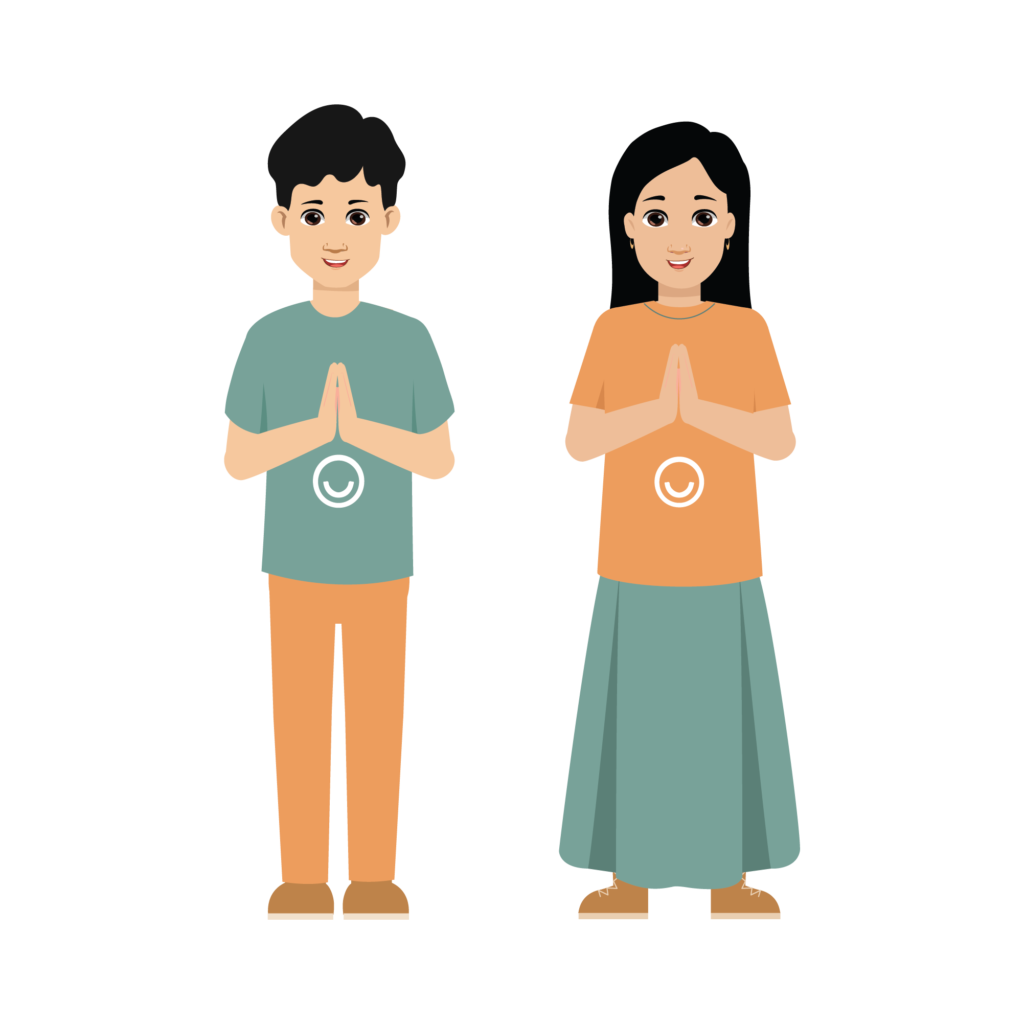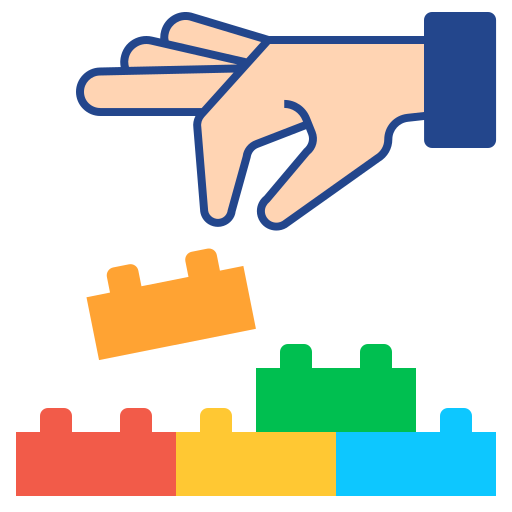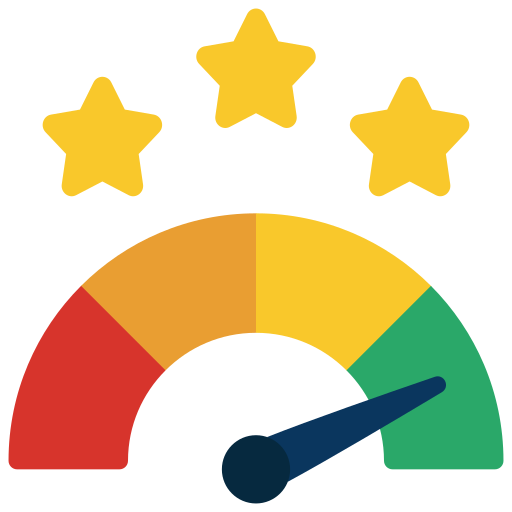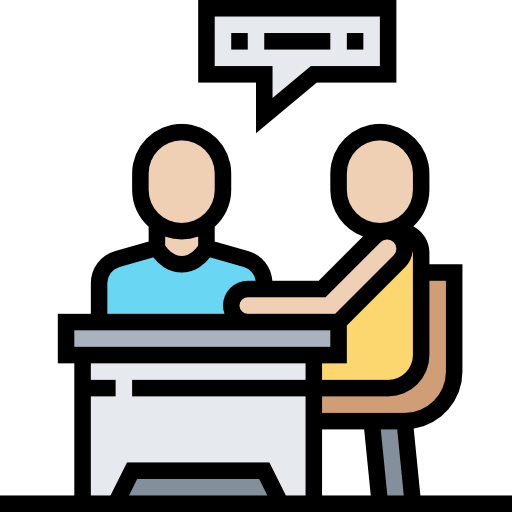

Sane Minds is a preventive mental health curriculum for K-12 students based on the scientifically proven framework of Social & Emotional Learning or SEL.
With SEL, students learn to manage their own emotions and behaviours, have empathy, show care and concern for others, solve problems effectively, make responsible decisions and maintain healthy relationships.

According to WHO, 50% of all mental health disorders start by age 14, but most cases are undetected and untreated.
There are 4 main categories of mental health problems that actively affect students.
Our curriculum is based on Social & Emotional Learning (SEL) framework. SEL has scientifically proven benefits for students including, increased academic achievements, positive behaviour, healthier life choices & many more.
Our curriculum progresses as your child grows, aligning with their age and grade.
Our curriculum is organised around a fortnightly subject theme. Every fortnight, your child learns a specific behavioural, social, emotional, or cognitive skill led by an experienced child psychologist.
We provide onsite SEL training for teachers, empowering them to understand and practice SEL for themselves and their students, integrate SEL practices into mainstream classroom teaching and effectively take care of their own mental & emotional wellbeing.
We provide onsite SEL training for parents, empowering them to understand and practice SEL for themselves and their child at home, foster qualitative parents-child relationship, and effectively take care of their own mental & emotional wellbeing.
When extra support is needed, we've got you covered. Access certified & experienced psychologists for professional consultation to ensure your child gets the help they need.
Your child spends an average of 15 minutes each day doing SEL based activities to enhance their mental well-being. Every fortnight, your child learns a specific behavioural, social, emotional, or cognitive skill led by an experienced child psychologist. Regular practice will enable your child to develop a healthy identity overtime.

Your child spends just 10-15 minutes each day doing activities which are scientifically proven to enhance their mental health. Regular practice will enable your child to develop a healthy identity overtime.

Parents invest 10 mins every 4 months to take a psychometric assessment for their child. It enables parents and teachers to understand the child’s overall mental health and find out areas which need attention.

Parents and teachers can easily track a child's progress week by week and see what activities are complete, incomplete and unattempted.

If your child needs extra support, our certified & experienced psychologists are here for you. Talk to them about any concerns you have about your child, and they can offer guidance through counselling and therapy sessions
Social Emotional Learning is process of learning social and emotional skills. With SEL, students learn to manage their own emotions and behaviours, have empathy and show care and concern for others, solve problems effectively, make responsible decisions and maintain healthy relationships.


Follow us on social media for the latest updates and promotions:
Designed by Digital Caring